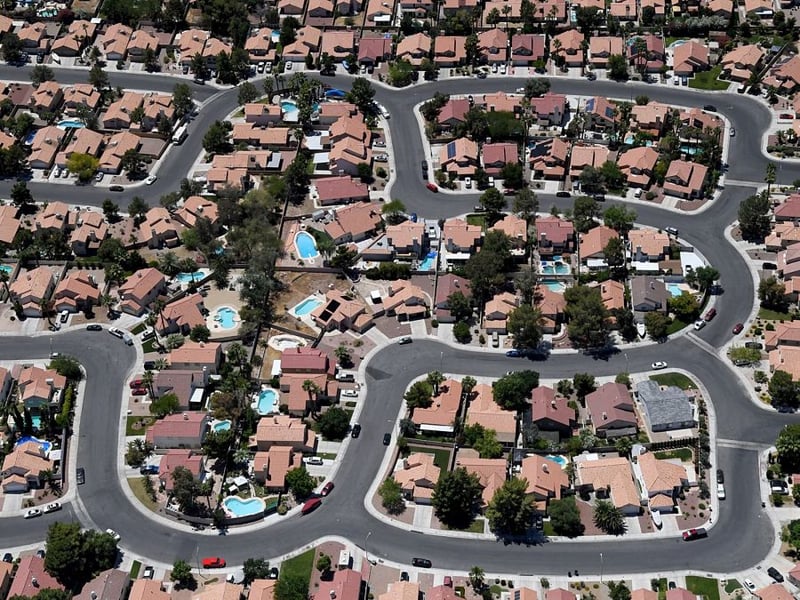

U.S. home-mortgage delinquencies climbed in May to the highest level since November 2011 as the pandemic’s toll on personal finances deepened.
The number of borrowers who were more than 30 days late swelled to 4.3 million, up 723,000 from the previous month, according to property information service Black Knight Inc. More than 8% of all U.S. mortgages were past due or in foreclosure.
The increase in delinquencies was smaller than the 1.6 million jump in April, when the economy ground to a halt nationwide. Still, the path ahead is clouded by the spread of new COVID-19 cases, uncertainty over business reopenings and the looming expiration of benefits that have helped jobless homeowners avert delinquency.
About 20.5 million Americans filed continuing claims for unemployment benefits in the first week of June, Labor Department figures show.
The delinquency count includes homeowners who missed payments as part of forbearance agreements, which allow an initial six-month reprieve without penalty. Many of those borrowers initially made payments despite qualifying for the relief plans, a share that has diminished as the crisis lingers.
Only 15% of homeowners in forbearance made payments as of June 15, down from 28% in May and 46% in April.
Black Knight also reported:

Relationships are key to our business but advisors are often slow to engage in specific activities designed to foster them.

Whichever path you go down, act now while you're still in control.

Pro-bitcoin professionals, however, say the cryptocurrency has ushered in change.

“LPL has evolved significantly over the last decade and still wants to scale up,” says one industry executive.

Survey findings from the Nationwide Retirement Institute offers pearls of planning wisdom from 60- to 65-year-olds, as well as insights into concerns.
Streamline your outreach with Aidentified's AI-driven solutions
This season’s market volatility: Positioning for rate relief, income growth and the AI rebound
